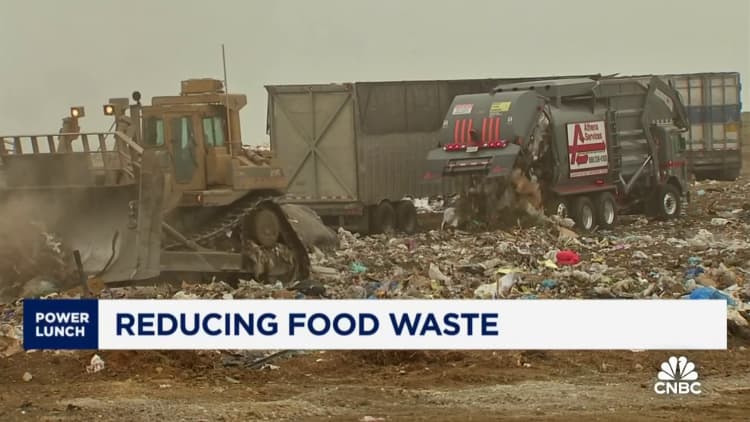Food startup Hungryroot uses AI to reduce waste, climate violations


Food waste is so widespread in America that about one-third of what is produced ends up in landfills instead of the stomach. That adds to the requirements for excess production, packaging, storage and delivery, all of which negatively contribute to climate change.
A recent study Published in the journal Science, food production accounts for 26% of global greenhouse gas emissions.
Food delivery services like HelloFresh, Blue Apron and EveryPlate alleviate some of that by sending consumers what they need for specific recipes.
A New York-based startup called Hungryroot is taking it one step further. The 9-year-old company – using artificial intelligence – is providing a more curated experience and delivering the exact amount of food consumers will consume.
Customers answer a series of questions about their food likes and dislikes, allergies and health goals. They also answered questions about how and when they cooked. Based on those answers, Hungryroot’s technology will infer which recipes and grocery items are most suitable for each customer.
“Hungryroot is designed from the ground up to give you the food you need during the week,” Ben McKean, the company’s CEO, told CNBC. “And it gives you simple recipes so you know exactly what to do with them, and the result is a significant reduction in food waste for our customers.”
Hungryroot sends users a weekly list of what’s in their cart, allowing them to approve or change items.
The company can also reduce its own waste. If the company determines that users have no preference between broccoli and Brussels sprouts, and the company happens to have more broccoli in its inventory, that’s what it will recommend.
The company says these processes reduce food waste at its facilities by 80% compared to traditional supermarkets.
Investors say this unique model is also good for its bottom line.
“They have been profitable for three or four years now, which is unusual for a lot of these e-commerce and food businesses,” said Jeremy Liew, a partner at Lightspeed Venture Partners. “They can drive that through spending efficiency and because they’ve built a business that customers really love.”
In addition to Lightspeed, Hungryroot is also backed by L Catterton, Crosslink Capital, KarpReilly and Lerer Hippeau. The company has raised a total of $75 million.
— CNBC climate producer Lisa Rizzolo contributed to this piece.




